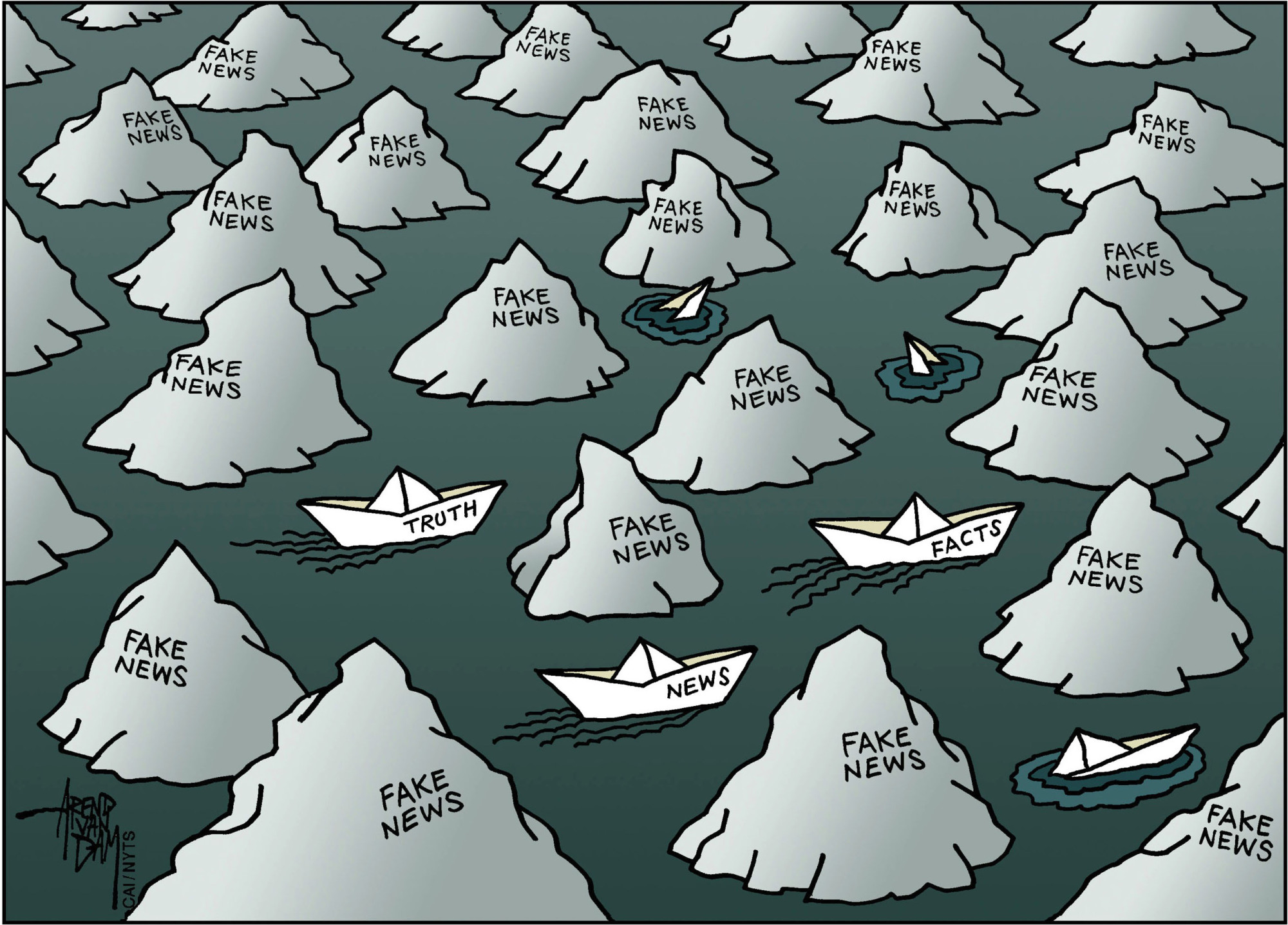The internet and social media were once hailed for creating new opportunities to spread democracy and freedom. And Twitter, Facebook and other social media did indeed play a key role in popular uprisings in Iran in 2009, in the Arab world in 2011 and in Ukraine in 2013-2014. Back then, the tweet did at times seem mightier than the sword.
But authoritarian regimes soon began cracking down on internet freedom. They feared the brave new digital world, because it was beyond the reach of their analogue security establishments. Their fears proved unfounded. In the event, most social media-enabled popular uprisings failed for want of effective leadership, and traditional political and military organizations retained the upper hand.
In fact, these regimes have begun to wield social media for their own ends. We have all heard the allegations that Russia covertly used social media to influence electoral outcomes in Ukraine, France, Germany and, most famously, in the United States. Facebook has estimated that Russian content on its network, including posts and paid ads, reached 126 million Americans, around 40 percent of the nation's population.

















With your current subscription plan you can comment on stories. However, before writing your first comment, please create a display name in the Profile section of your subscriber account page.